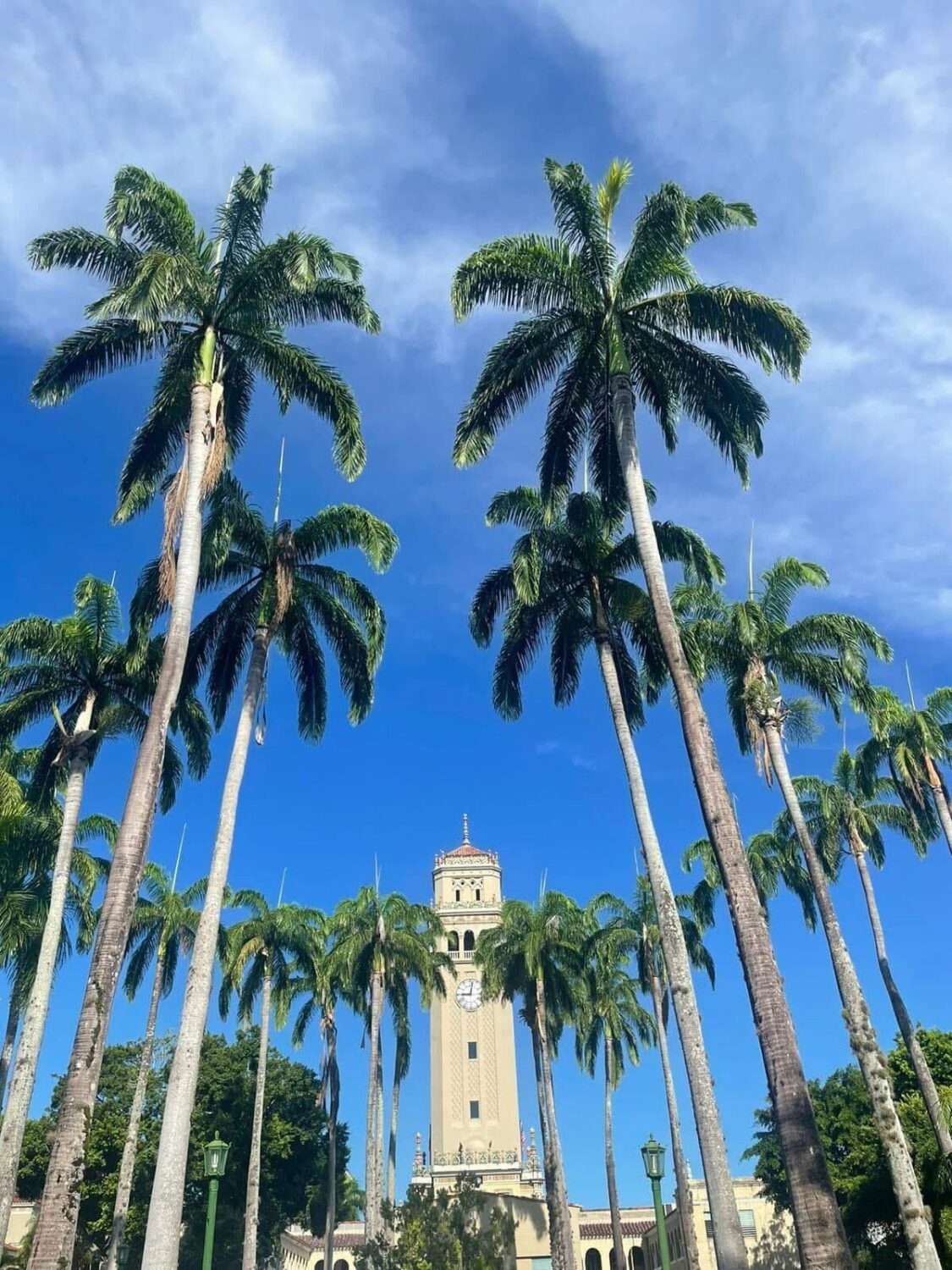Majority of deaf students focus on sign language interpreting or speech-to-text services to access instructional content and rely on someone to take notes. How do you know if note-taking at your institution is an effective accommodation for your deaf students? Despite note-taking being widely used on college campuses, there is no one-size-fits-all solution.
Common Note Taking Practices
College campuses employ different structures for note-taking services. Commonly used practices by colleges include:
Paid Note-Taker with Training
This could be a student worker from the disability services office or an hourly employee hired by the college.
Peer Student from Class Volunteers to Provide a Copy of Their Notes
Sometimes they are given a stipend or service-learning credits from the disability services office for their time.
Instructor Provides a Copy of Their Notes
The quality or comprehensiveness of these notes vary widely and some instructors only provide a copy of their PowerPoint slides.
Transcripts from Speech-to-Text Services & Note-Taking Vendors
A handful of colleges offer transcripts generated from speech-to-text services or work with note-taking vendors that use technology such as automated speech recognition (ASR) software to produce notes.
These practices often do not provide equitable access for deaf students. Some of the challenges reported by colleges with these models include not being able to find student note takers or inconsistent/incomplete notes. When deaf students do not have reliable note taking services, they may struggle or miss instructional content when making decisions on whether to prioritize visual access to interpreting or speech-to-text services versus taking notes.
“In one of my classes, no student would want to volunteer to be my notetaker. At my institution, students who would like to be notetaker will get $50 at the end of the semester. My professor even made an announcement online to the whole class that a notetaker was needed. I’m taking my own notes in that class with an ASL interpreter. It is difficult to take notes at the same time while looking at my interpreter.”
The Power of Partnerships: Community Collaborations
Manchester Community College in Manchester, Connecticut took creative measures to fill this capacity and started a note-taking system over 20 years ago that has proven to be effective to this day. The National Deaf Center connected with Joe Navarra and Georgette Hyman to learn about the institution’s note-taking model.
The disability services office at Manchester Community College explored the opportunity to leverage community connections and reached out initially to the older adults association at their College to support proctoring exam needs. Their strategy worked and was a great fit for retired people looking to keep busy for a few hours a day, they loved being on campus and interacting with students. The positive outcome from this led the disability services office to expand the pool, Georgette reached out to a local senior job bank in West Hartford for more candidates to hire more hourly workers to fill additional capacities, such as readers and scribes for exams and note-taking services in the classroom. Joe commented that students were happy with their note taking services which resulted in many workers providing services to the same student for several of their classes.
While this practice has held up for over 20 years, it would not be possible without hiring them as hourly employees of the college. This approach can cause some challenges because they are now working under a shared budget with 12 other colleges that do not utilize paid note taking services. However, Georgette shared additional advantages with employing senior citizens, that ensures deaf students receive notes that are effective through consistent note takers. They are reliable and available to accommodate different student schedules. Being the close knit group they are, they provide relief to the disability services office by coordinating their own substitutes on days they will be out with each other. “The senior citizens are a very ‘collective community’ and that results in better quality control because the community works together” said Georgette. They also understand the importance of quality notes because they were former disability services professionals, educators from K-12, faculty from colleges, or in very specialized fields to support note-taking needs for technical course content.
Note Taking: Best Practices
Note taking services is one of the most utilized accommodations for deaf students, it is important to ensure that students have access to consistent, complete, and reliable notes in the classroom. Manchester Community College’s creative approach to note taking services could resolve some of the issues that deaf students experience with the traditional note taking models.
Regardless of what note taking model is used, it is important to discuss with the student what effective notes look like for them. For example, in a medical coding class that uses a lot of technical terminology and abbreviations, a plan should be in place to ensure an agreed-upon style for documenting the notes. In addition to ensuring that deaf students receive quality notes, it is equally important that the notes are delivered in a timely and consistent manner. As with any note taking plan that is set up, be sure to periodically check in with the student to make sure it is effective and identify any adjustments that might need to be made.
The National Deaf Center has resources about note taking as an accommodation for deaf students:
- Note Taking: An Introduction: provides information on the skills a note taker must possess to provide quality notes, such as good spelling, listening, and organizational skills. In addition to respecting confidentiality and a good rapport with the student and professor, it also covers the importance of being punctual and maintaining an excellent attendance record for consistent note taking services.
- Note Taker Training Course is a one hour, self-paced online training module that is free for anyone interested in becoming note takers to become comfortable with the job and working with deaf students. The self-guided training defines the role of the note taker and provides note taking strategies on providing accurate, comprehensive classroom notes for deaf students.
If you are looking for more information about note taking services and how to ensure equitable access for deaf students, NDC’s Help Team is here to support you! Our Help Team specialists are available by email at help@nationaldeafcenter.org or by virtual appointment at https://nationaldeafcenter.org/contact#help.









